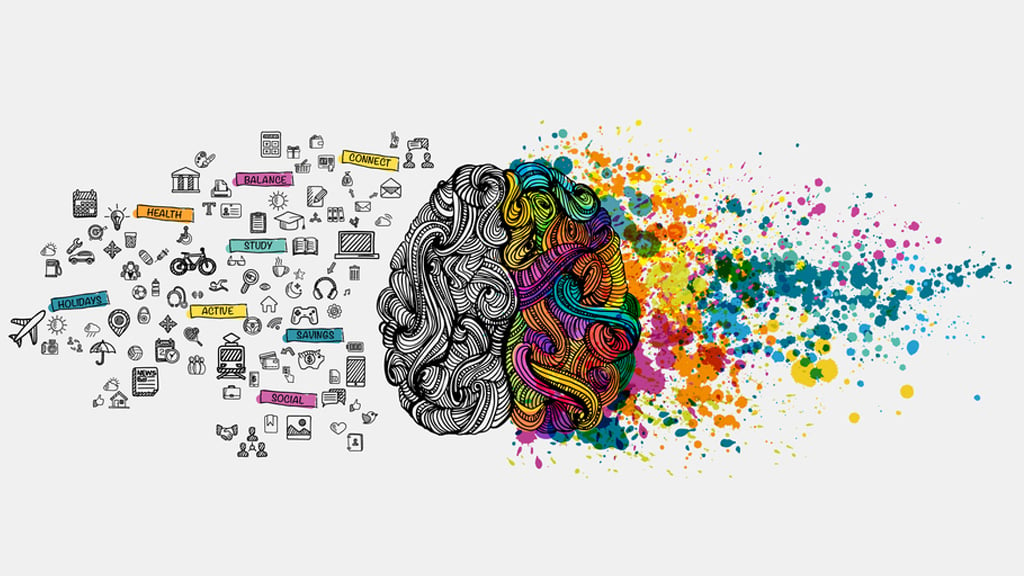Comprehensive Inpatient Mental Health Providers for Effective Therapy
Inpatient mental wellness solutions represent an essential component of the healthcare system, giving a organized and extensive setting for individuals experiencing severe emotional distress. Discovering the nuances of this continuum reveals substantial ramifications for both private recovery and more comprehensive mental health end results.
Comprehending Inpatient Mental Health Providers
Inpatient mental health services offer critical assistance for individuals experiencing extreme mental distress that can not be managed successfully in an outpatient setting. These services are created to provide an extensive level of treatment in a structured setting, typically within a hospital or specialized center. Individuals confessed to inpatient programs normally display severe symptoms, such as suicidal ideation, extreme depression, or psychosis, demanding round-the-clock tracking and intervention.
The admission process generally includes a thorough assessment by mental wellness professionals, who review the individual's mindset, background, and immediate requirements. As soon as admitted, clients take part in a selection of therapeutic methods customized to their details requirements, including medicine administration, private therapy, and group sessions. This all natural method intends to stabilize the client's problem, advertise security, and foster coping abilities.
Inpatient psychological health services not only address instant health and wellness problems yet also work as a bridge to continuous treatment. By giving a regulated setting, these solutions facilitate the development of treatment plans that can be continued in outpatient settings, thus making sure a continuum of treatment and enhancing long-lasting results for people with complicated psychological health and wellness needs.
Secret Parts of Effective Therapy
Efficient therapy in inpatient mental health and wellness services comprises several key elements that promote healing and stabilization. A detailed assessment is important to identify the person's certain requirements and challenges. This assessment informs the advancement of a tailored therapy strategy, which acts as a roadmap for treatment.
An additional important element is the multidisciplinary team method. Collaboration amongst psychoanalysts, psychologists, registered nurses, and social employees guarantees that numerous viewpoints add to the patient's care, enhancing the performance of treatment. Evidence-based healing techniques, such as cognitive-behavioral treatment (CBT) and dialectical habits therapy (DBT), are likewise integral, offering organized methods that address maladaptive idea patterns and behavioral problems.

Last but not least, an emphasis on aftercare planning is critical to guarantee a smooth shift to outpatient solutions, reducing the threat of relapse and promoting lasting health. These cumulative parts develop an effective treatment framework within inpatient psychological wellness services.
Advantages of Comprehensive Care

Thorough treatment in inpatient mental wellness solutions supplies various benefits that considerably improve patient outcomes. One of the primary advantages is the holistic technique to therapy, addressing not only the mental signs and symptoms however likewise the physical, social, and psychological needs of patients. This detailed evaluation enables customized treatments that advertise general health.
An additional advantage is the integration of multidisciplinary teams, which fosters collaboration among medical care specialists. This joint environment makes certain that clients get worked with care, minimizing the risk of inpatient mental health services fragmented treatment and enhancing communication among caregivers. Furthermore, comprehensive care promotes continuity of services, enabling seamless transitions from inpatient to outpatient setups, which is essential for lasting healing.

Finally, the organized environment of thorough inpatient treatment offers a secure area for people to take part in healing tasks, assisting them establish coping methods and resilience. Collectively, these benefits contribute to a lot more efficient therapy and boosted lifestyle for individuals experiencing psychological health crises.
Evidence-Based Restorative Strategies
In the realm of psychological health treatment, evidence-based restorative techniques play an essential function in ensuring that clients get efficient and clinically supported treatments. These approaches incorporate the ideal available study with professional knowledge and patient worths, fostering a tailored treatment experience that addresses specific needs.
Cognitive Behavior Modification (CBT) is among one of the most extensively acknowledged evidence-based approaches, concentrating on determining and changing unfavorable idea patterns and behaviors. This organized approach has demonstrated effectiveness in dealing with conditions such as anxiety, ptsd, and depression. Similarly, Dialectical Behavior Modification (DBT) is especially efficient for individuals with borderline personality disorder, stressing the growth of emotional policy and interpersonal efficiency abilities.
Additionally, medication monitoring is often an integral part of evidence-based therapy, as psychotropic medicines can relieve symptoms and improve total functioning. Collaborative treatment designs, which involve multidisciplinary groups, additionally enhance the effectiveness of inpatient solutions by making certain extensive analyses and continuous tracking.
Eventually, the integration of evidence-based restorative methods not only advertises favorable medical results yet likewise encourages individuals, fostering a feeling of firm and strength in their psychological health and wellness trips.
Transitioning to Outpatient Assistance
The shift from inpatient mental health services to outpatient assistance marks a vital stage in a client's recovery journey. This duration calls for mindful preparation and coordination to make sure connection of care and to reduce the risks of relapse or situation. Effective discharge planning need to commence early in the inpatient keep, involving a multidisciplinary group that includes psychiatrists, psychologists, registered nurses, and social workers.
Crucial element of a successful change consist of the development of a comprehensive aftercare plan tailored to the individual's certain needs. This strategy should outline follow-up consultations, medication management, and healing interventions, along with recognize area sources and support groups that can assist in ongoing healing.
Additionally, person and family members education and learning is crucial during this stage. Recognizing the signs of prospective problems and the significance of sticking to treatment can empower clients and their support group.
Routine follow-up and review of the outpatient strategy are important to deal with evolving obstacles. By cultivating a collective relationship in between inpatient and outpatient service providers, the probability of sustained recovery rises, eventually boosting the client's top quality of life and decreasing the threat of readmission.

Final Thought
In summary, detailed inpatient psychological health and wellness solutions supply an important structure for resolving serious emotional distress through a multidisciplinary technique. Inevitably, such comprehensive care is vital for long-lasting mental health and wellness and health.
The admission process typically includes a thorough assessment by psychological wellness specialists, that review the individual's mental state, history, and instant demands.Effective therapy in inpatient mental wellness solutions consists of several essential parts that cultivate healing and stablizing.Thorough treatment in inpatient psychological wellness solutions uses many benefits that dramatically improve person results.The shift from inpatient mental health solutions to outpatient support notes a critical stage in an individual's recovery trip.In summary, comprehensive inpatient psychological health solutions use a vital framework for attending to severe emotional distress with a multidisciplinary approach.